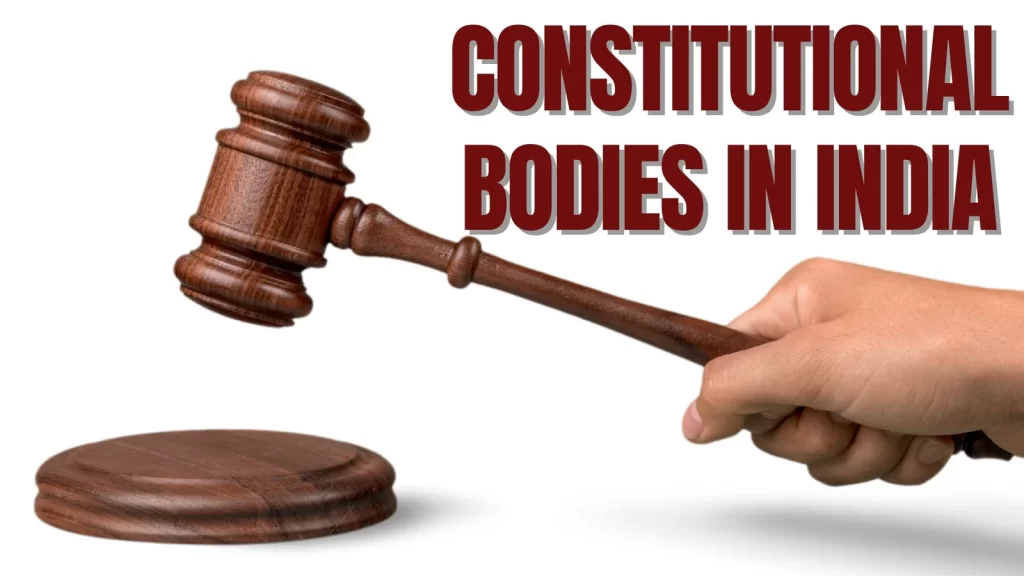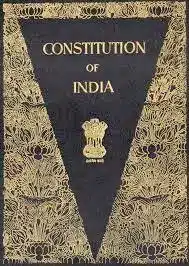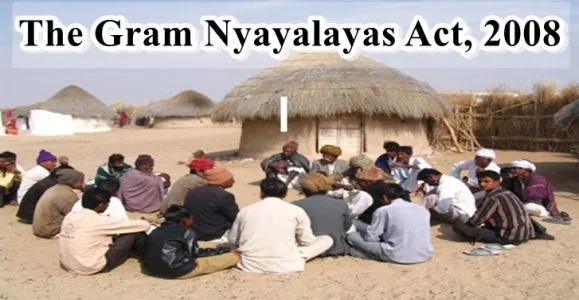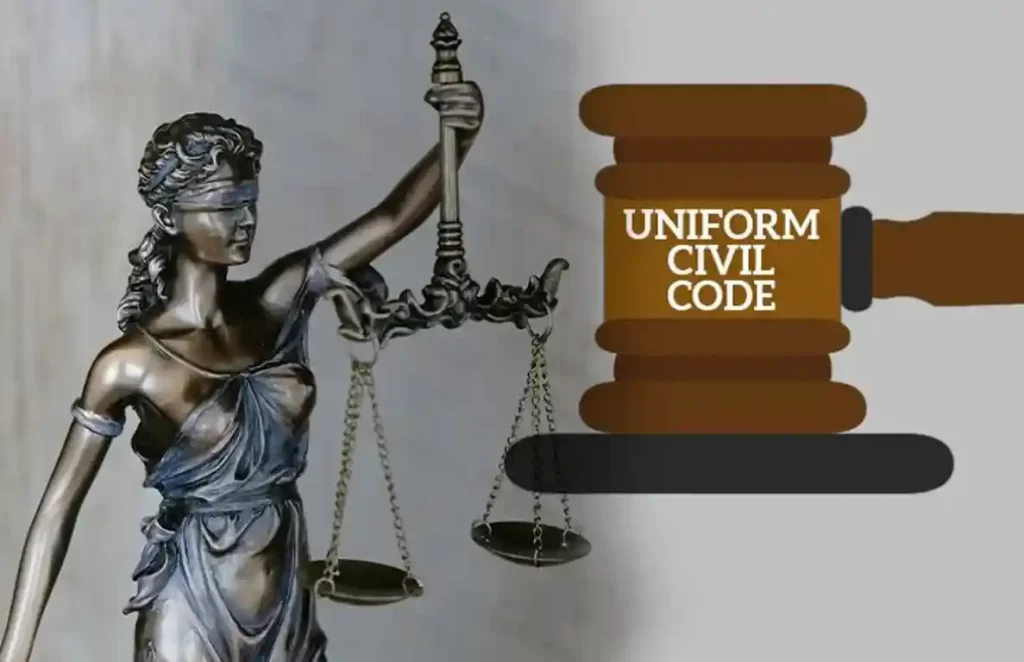Contempt of Court
Contempt of court, as a concept that seeks to protect judicial institutions from motivated attacks and unwarranted criticism, and as a legal mechanism to punish those who lower its authority. The Act divides contempt into civil and criminal contempt:
- Civil contempt means wilful disobedience of any judgment, decree, direction, order, writ or other process of a court, or wilful breach of an undertaking given to a court.
- Criminal contempt, on the other hand, is attracted by the publication (whether by words, spoken or written, or by signs, or by visible representations, or otherwise) of any matter or the doing of any other act whatsoever which:
- (i) scandalises or tends to scandalise, or lowers or tends to lower the authority of, any court; or
- (ii) prejudices, or interferes or tends to interfere with, the due course of any judicial proceeding; or
- (iii) interferes or tends to interfere with, or obstructs or tends to obstruct, the administration of justice in any other manner.
What is the statutory basis for contempt of court?
- Article 129 of the Constitution conferred on the Supreme Court the power to punish contempt of itself.
- Article 215 conferred a corresponding power on the High Courts.
- The Contempt of Courts Act, 1971, gives statutory backing to the idea.

What is not contempt of court?
- Fair and accurate reporting of judicial proceedings will not amount to contempt of court. Nor is any fair criticism on the merits of a judicial order after a case is heard and disposed of.
Is truth a defence against a contempt charge?
For many years, truth was seldom considered a defence against a charge of contempt. There was an impression that the judiciary tended to hide any misconduct among its individual members in the name of protecting the image of the institution. The Act was amended in 2006 to introduce truth as a valid defence, if it was in public interest and was invoked in a bona fide manner.
But why is the A-G’s consent needed to initiate contempt of court proceedings?
Subsection 1 of Section 15 (Cognizance of criminal contempt in other cases) of The Contempt of Courts Act, 1971 reads: “In the case of a criminal contempt, other than a contempt referred to in Section 14 (“Procedure where contempt is in the face of the Supreme Court or a High Court”), the Supreme Court or the High Court may take action on its own motion or on a motion made by (a) the Advocate-General, or (b) any other person, with the consent in writing of the Advocate-General”.
What is the punishment for contempt of court?
- According to the Act, contempt of court may be punished with simple imprisonment for a term which may extend to six months, or with fine which may extend to two thousand rupees, or with both, provided that the accused may be discharged or the punishment awarded may be remitted on apology being made to the satisfaction of the court.
- The Supreme Court recently found activist-advocate Prashant Bhushan guilty of contempt of court for two of his tweets, and imposed a token fine of Re 1 on him after Bhushan refused to apologise.
Source: The Hindu, Indian Express
Also, refer :
- Important Articles Of the Indian Constitution
- Difference Between Fifth Schedule And Sixth Schedule
- Top 50 Science MCQs For Competitive Exams
- Know About The Different Financial Sector Regulators In India
- Download the pdf of Important MCQs From the History Of Ancient India
- List Of Important Inscriptions In India







